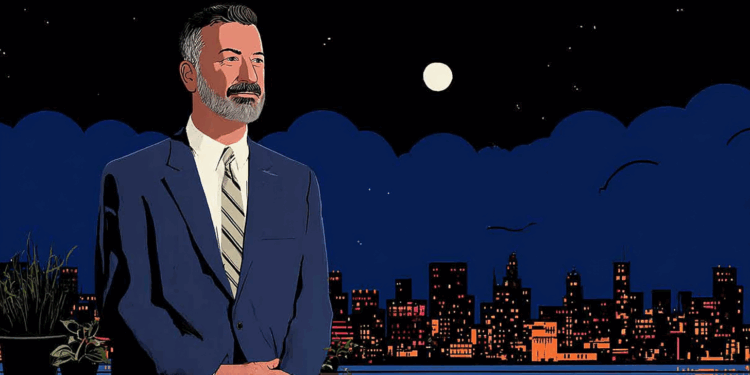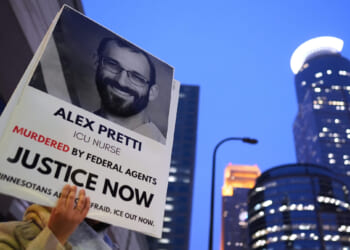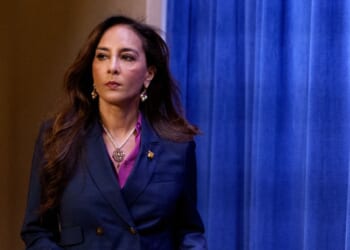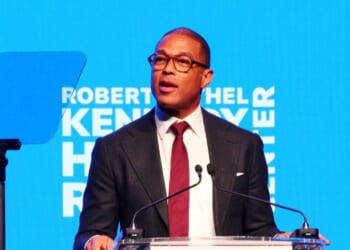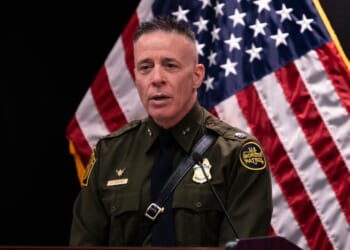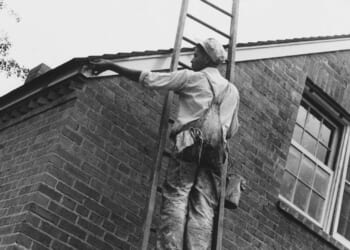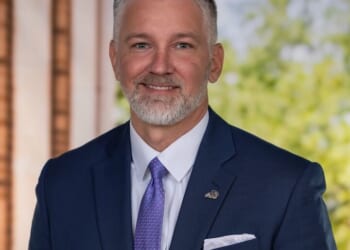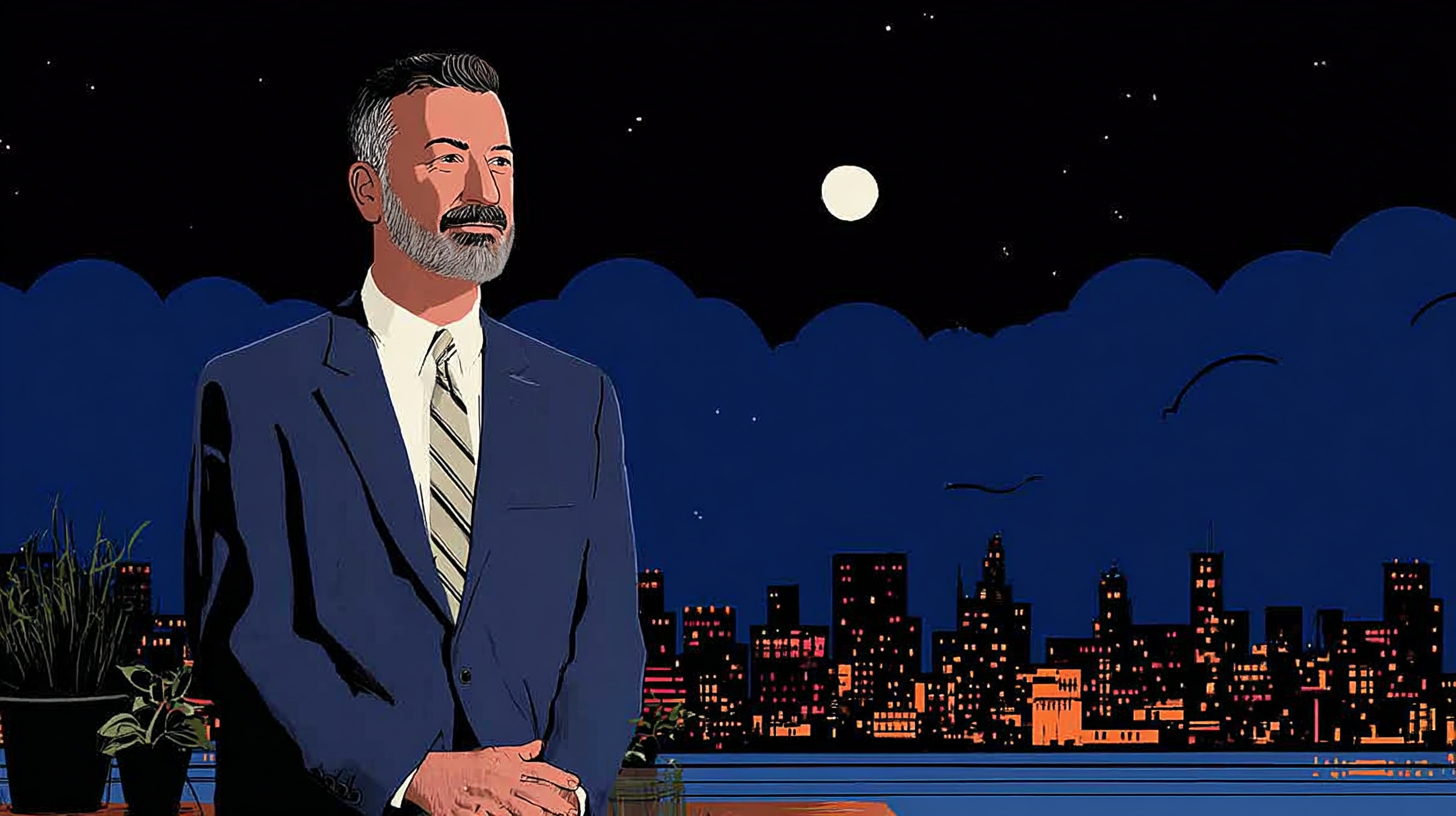
Jimmy Kimmel Live! is back on air, but the show’s short-lived suspension highlights the complexities of government censorship by proxy.
Earlier this month, ABC announced that it was indefinitely suspending the long-running talk show Jimmy Kimmel Live! following the host’s remarks about the murder of Charlie Kirk. During his opening monologue on September 15th, Kimmel claimed: “We hit some new lows over the weekend with the MAGA gang desperately trying to characterize this kid who murdered Charlie Kirk as anything other than one of them and doing everything they can to score political points from it.” The show’s suspension conspicuously followed the Federal Communications Commission (FCC) Chairman’s call for broadcasters to “find ways to change conduct to take action on Kimmel or, you know, there’s going to be additional work for the FCC ahead.” In plainer terms, Chairman Brendan Carr cautioned: “We can do this the easy way or the hard way.” After facing public backlash, ABC allowed Kimmel to resume filming, but major broadcast stations, including Nexstar and Sinclair, still plan to replace the show with other programming on the local affiliate channels they control.
Like every American, Jimmy Kimmel is entitled to speak without fear of government censorship or reprisal—but this isn’t a clear-cut case because the First Amendment protects against government intrusions on speech.
When it is a private party—rather than the government—that silences or retaliates against speech, the situation is more complicated. Here, Nexstar asserted that temporary preemption was in the best interest of the local communities it serves. Similarly, ABC is Kimmel’s employer, and it can make employment decisions about its own workers. If these were simply business choices, the First Amendment does not apply.
However, there is strong evidence to suggest that the broadcasters were incentivized by the prospect of regulatory favoritism. Nexstar has plans to acquire Tegna, and Sinclair is considering a divestiture of some of its stations. Both need regulatory approval to move forward.
In two recent Supreme Court cases, the justices explained that the government cannot pressure private parties to quash political speech, though untangling the causal chain is difficult. In NRA v. Vullo, the Court unanimously held that the government could not coerce regulated entities to terminate their business relationships with the NRA to suppress gun advocacy. This is a long-established principle. In 1973, the Supreme Court held in Norwood v. Harrison that it is “axiomatic that a state may not induce, encourage, or promote private persons to accomplish what it is constitutionally forbidden to accomplish.”
In Murthy v. Missouri, however, the Court declined to evaluate whether the Biden administration was pressuring social media platforms to take down COVID-19 content, finding instead that the users did not have standing to sue. Despite overwhelming evidence that Facebook ceded to the White House’s requests, which Justice Alito outlined in his dissent, the majority questioned whether the content removals were government-pressured or voluntary action, since the platform had concurrently and independently taken down COVID-19 posts on its own.
In other words, separating the government’s actions from those of private parties is challenging. This case has set a high bar for plaintiffs hoping to prove coercion sufficient to trigger First Amendment obligations. If the broadcaster’s actions are analyzed under Murthy, then their independent justifications will complicate the First Amendment analysis.
Nevertheless, these legal hurdles to prove state coercion do not negate the fundamental principle. The government cannot circumvent its constitutional obligations by using an intermediary. Accordingly, no matter how misguided or disfavored the statements are, Chairman Carr does not have the power to punish Kimmel for his political speech.

